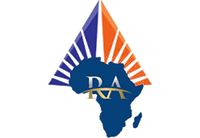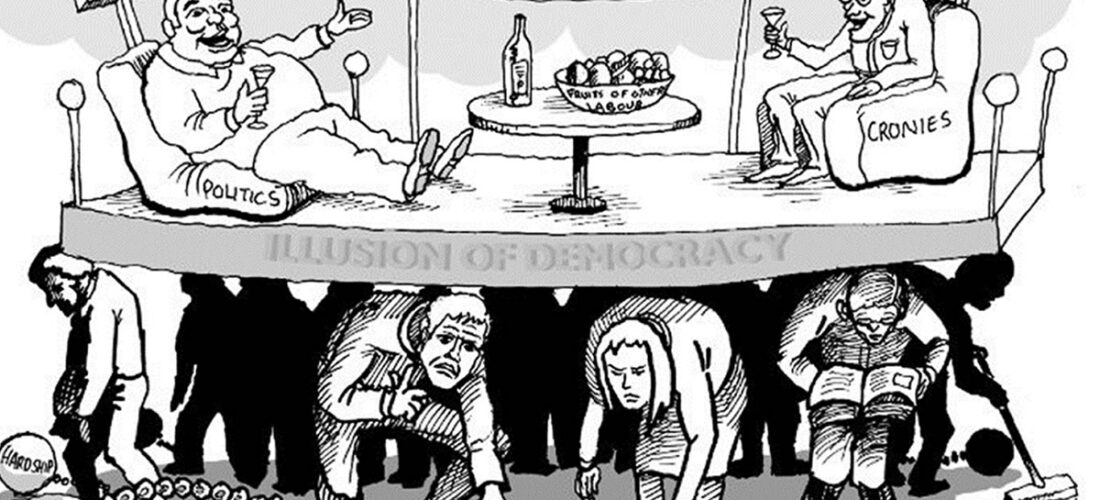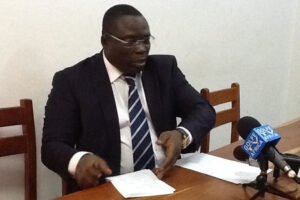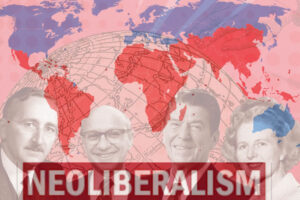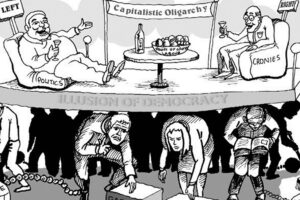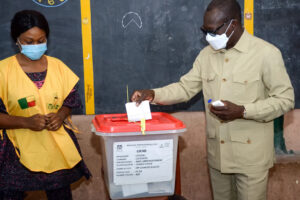Among the global elite and Western world, there is this prevailing consensus that the West is the champion of democracy. This perception is in sharp contrast with the view of the majority of the global population. Latana’s Democracy Perception Index for 2022 shows clear data indicating that democracy isn’t just about institutional regulation of power but is, as Abraham Lincon said it at Gettysburg, Pennsylvania on the afternoon of November 19, 1863, “the government of the people, by the people, and for the people”
Who is Latana?
Latana is a market research platform that was founded in Berlin, Germany in 2018. The company’s headquarters are still located in Berlin, and they also have offices in London, UK, and New York, USA. Latana’s global presence allows them to serve a diverse range of clients from various industries and regions. Latana specialises itself in providing insights to help businesses make informed decisions. The platform uses advanced technology to collect data from a diverse set of respondents, including consumers, business professionals, and other target groups. Latana’s approach to market research is based on the principles of statistical analysis and machine learning, which allows for accurate and reliable insights. Latana organisation has also been providing a yearly assessment of the state of democracy in the world.
Findings of Latana of democracy perception worldwide
“[..] People around the world have faith in democracy. A record number across the 53 countries say that democracy is important to have in their country (84%). When it comes to key components of democracy, the results are even more clear: over 90% say freedom of speech, fair elections, and equal rights are important to have in their country […]” – Latana Democracy Perception Index 2022 report
However, according to the findings of the survey conducted by Latana organisation in 2022, China (83%), Vietnam (77%), and Taiwan (75%) received the highest rate when it comes to the perception of their citizens concerning the democratic nature of their government. Hungary (35%), Iran (28%), and Venezuela (24%) are perceived to be the least democratic countries in the world. Just 56% of the world population view their country as democratic.
According to the 2021 report on democracy perception worldwide, only 53% of US citizens think of their country as a democracy. “[…] more and more Americans say there is ‘not enough democracy’. This has increased significantly from 36% in 2020 to 45% in 2021 to 47% in 2022.”
When it comes to freedom of speech, 17% of citizens in China, 28% in Russia, and 32% in the US think not all people are able to freely express their opinion on things that matter to them concerning social or political issues. Meanwhile 5% of people in China, 29% in Russia 29%, and 31% in the US state that their country doesn’t guarantee free and fair elections.
Illusions of democracy
These figures clearly point to the false perception that the Western world is an icon of democracy.
“Over a hundred years ago, Republican Senator from Ohio Mark Hanna said of American politics: ‘There are two things that are important in politics. The first is money, and I can’t remember the second.’ More than one hundred years have passed, and money has not only remained
‘the currency’ in US politics, but also become even more indispensable. For example, the 2020 presidential election and Congressional elections cost some US$14 billion, two times that of 2016 and three times that of 2008; indeed, they are known as the most expensive elections in American history. The cost of the presidential election reached another record high of US$6.6 billion, and the Congressional elections cost over US$7 billion.” – The State of Democracy in the United States
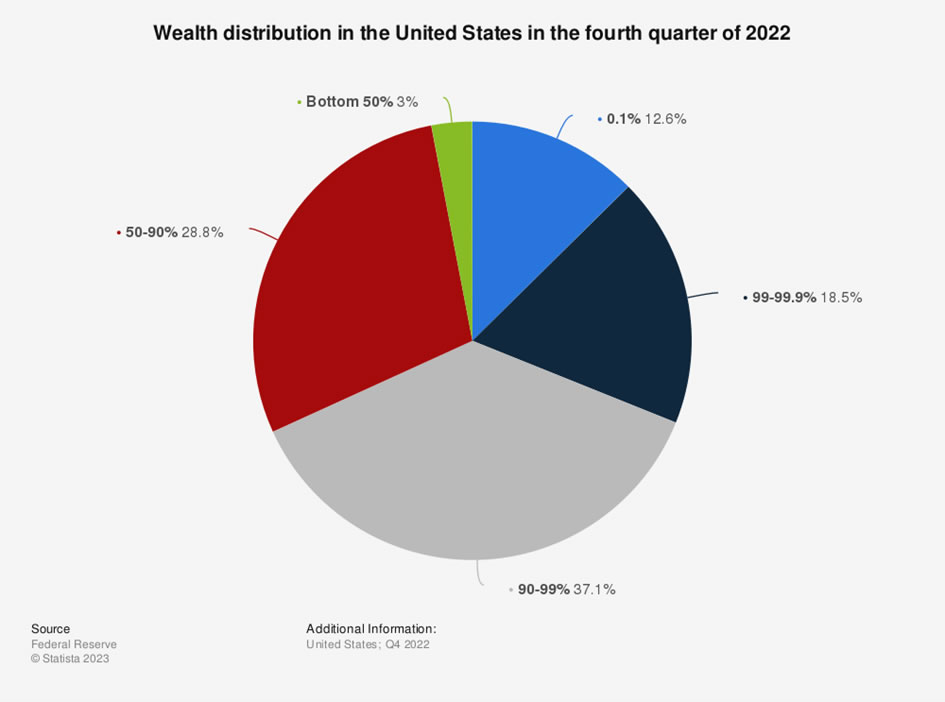
Judging by the inequality in US society, America can’t be seen as a champion of democracy either. “In the fourth quarter of 2022, 68.2 percent of the total wealth in the United States was owned by the top 10 percent of earners. In comparison, the lowest 50 percent of earners only owned three percent of the total wealth.” – Statista
To truly appreciate how countries in the world are doing when it comes to democracy, there is a need for a paradigm shift. Democracy mustn’t be just an institutional regulation of power in society. The barometer of democracy is the ability of common people to improve their lives. “Over the past 40 years, the number of people in China with incomes below $1.90 per day – the International Poverty Line as defined by the World Bank to track global extreme poverty– has fallen by close to 800 million. With this, China has contributed close to three-quarters of the global reduction in the number of people living in extreme poverty.” – The World Bank. In 1950, China had a poverty rate of 87.5% while in 2019, it had 24.70%.
This improvement of the Chinese people’s living standard wasn’t possible because of so-called liberal democracy but because of good governance and wisdom rooted in the country’s culture. After communists took over in 1949, they put in a policy of nationalisation of the economy and redistribution of land to peasants that made possible the economic rise of China.
The opening up of the Chinese economy to the Western world later was an opportunity, for both China and the West, for greater global economic growth. However, liberalism wasn’t at the root of Chinese success. What was at the root of Chinese success is good governance and fair redistribution of wealth.
